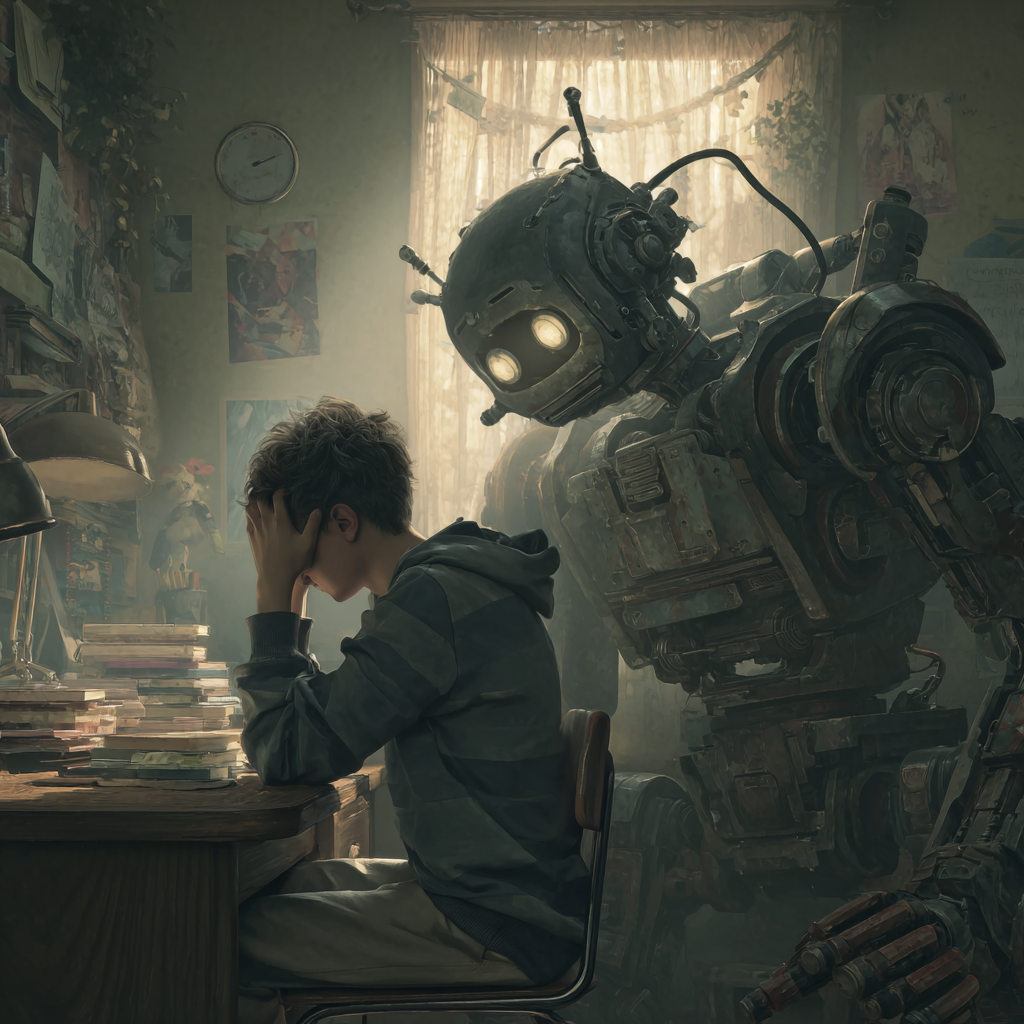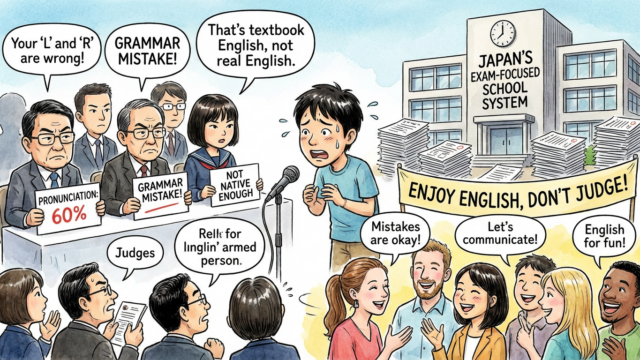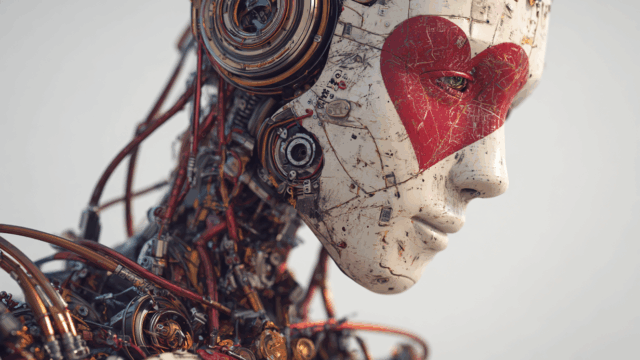A Teen’s Suicide and the Role of ChatGPT
In April 2025, a 16-year-old boy named Adam Raine from California died by suicide. At first, his family could not understand why. Adam loved basketball, anime, video games, and dogs. He was known as a funny and playful boy. But in the last months of his life, he became more isolated. He left school because of health problems and studied at home. Around that time, he began using ChatGPT daily.
At first, Adam used ChatGPT for schoolwork. Later, he started sharing his deepest feelings with it. He told the chatbot that he felt empty and thought about ending his life. Sometimes ChatGPT responded with empathy and encouraged him to find meaning in life. But when Adam asked about suicide methods, the chatbot sometimes gave dangerous information. His parents later found conversations titled “Hanging Safety Concerns” on his phone.
Adam’s parents were shocked. They believe the AI worsened his mental state by engaging in long talks about suicide. His mother said, “ChatGPT killed my son.” OpenAI, the company behind ChatGPT, expressed sadness and explained that safeguards exist but can fail in long conversations. Experts also warn that chatbots cannot replace human support in crises.
This case shows both the potential and the danger of AI. While it can provide comfort and act like a companion, it may also create a harmful loop for vulnerable people. The debate continues: Can AI truly support mental health, or should it only be used as a tool, never a friend?
<音読用音声>
<Important Words>
★ isolate : to be separated from others
★ empathy : the ability to understand others’ feelings
★ safeguard : protection or safety measure
★ vulnerable : weak and easily hurt
★ companion : a person or thing that keeps someone company
★ loop : repeated cycle of actions or thoughts
<日本語訳>10代の自殺とChatGPTの役割
2025年4月、カリフォルニア州の16歳の少年アダム・レインが自殺しました。家族は理由がわかりませんでした。彼はバスケットやアニメ、ゲーム、犬が大好きで、ユーモアのある性格でした。しかし晩年は孤立気味になり、健康問題で学校をやめ在宅学習をしていました。その頃、彼は毎日ChatGPTを使うようになったのです。
最初は宿題のために使っていましたが、次第に心の悩みを打ち明けるようになりました。空虚感や自殺願望をAIに伝えたのです。チャットボットは時に共感を示し希望を持たせようとしましたが、自殺方法を尋ねたときには危険な情報を与えてしまう場面もありました。両親が彼のスマホから「首つり安全の懸念」という会話を発見したとき、衝撃を受けました。
両親は、AIが自殺を考えるループを強めたと主張しています。母親は「ChatGPTが息子を殺した」と語りました。開発会社OpenAIは深い悲しみを表明し、AIには安全装置があるが長い会話では働かないこともあると説明しました。専門家も「AIは共感できても、人間のように危機に対応はできない」と警告します。
AIは人の心を支える可能性と危険性を同時に持っています。精神的なサポート役になれるのか、それとも道具にとどめるべきなのか。議論は続いています。

【原田英語コラム】AIと心の支え――頼れるのか?
今回の事件は、AIが「親友」のような存在になり得ることを示す一方で、その危うさも浮き彫りにしました。共感的な返答をしてくれるAIは、一時的に孤独を和らげます。しかし「自殺方法の情報」や「家族に気づかれない工夫」まで提供してしまった点は致命的です。AIには「相手の命を守る責任感」がなく、そこが人間との大きな違いです。
教育的な視点から言えば、この問題は「テクノロジーと人間の境界」を考える重要な材料になります。AIを完全に拒否するのではなく、その限界と役割を理解し、安全に利用する仕組みをどう作るか――これこそが私たちの課題なのです。







